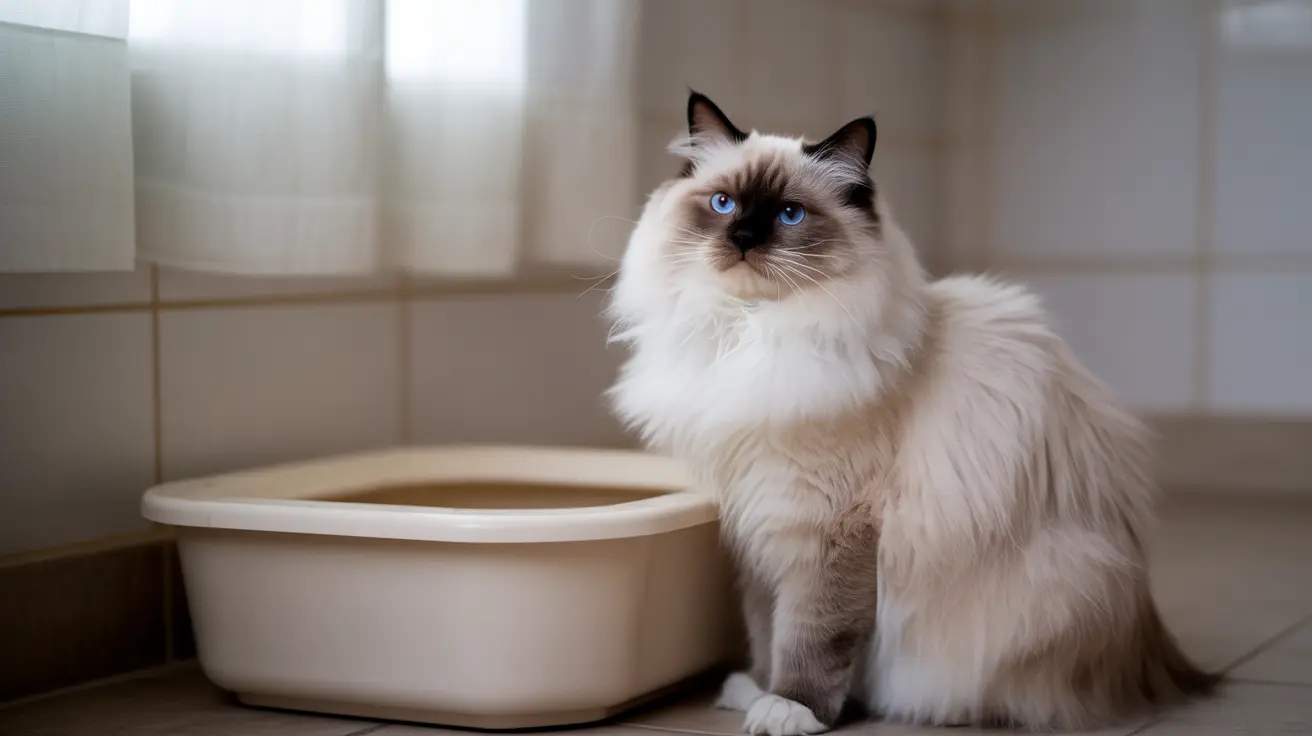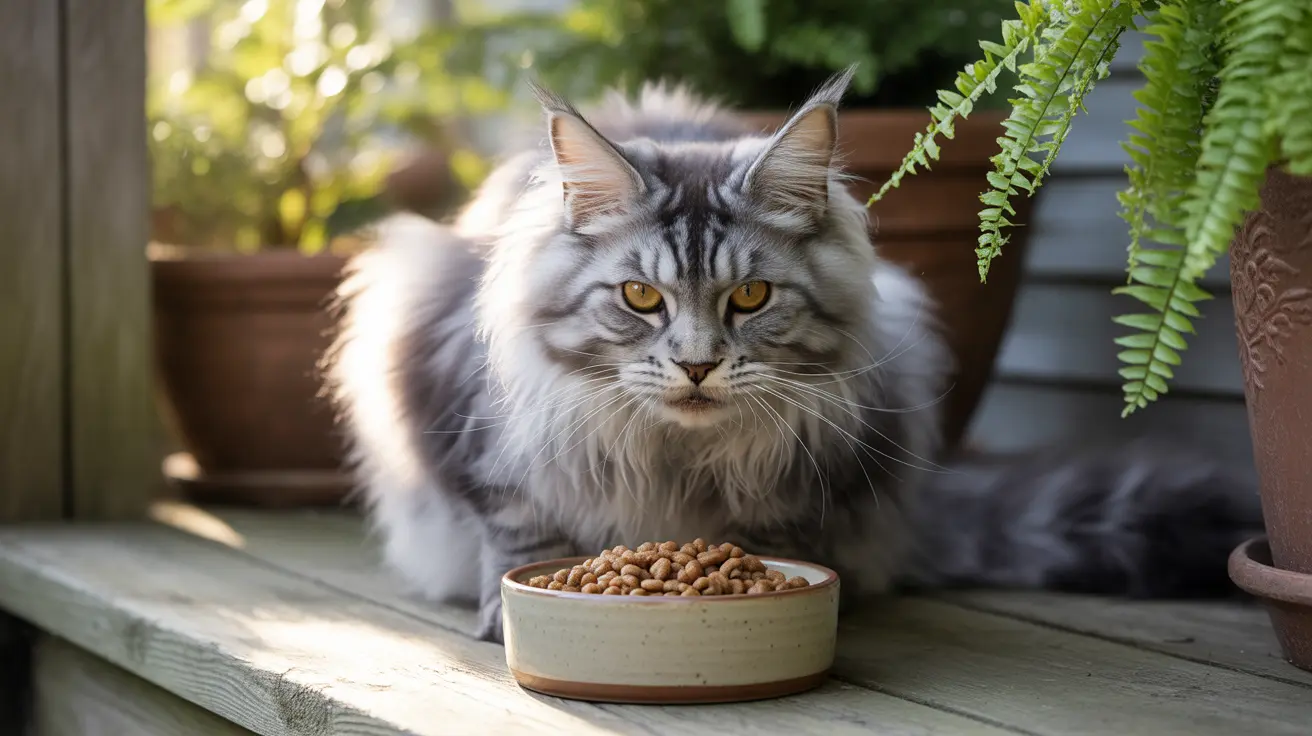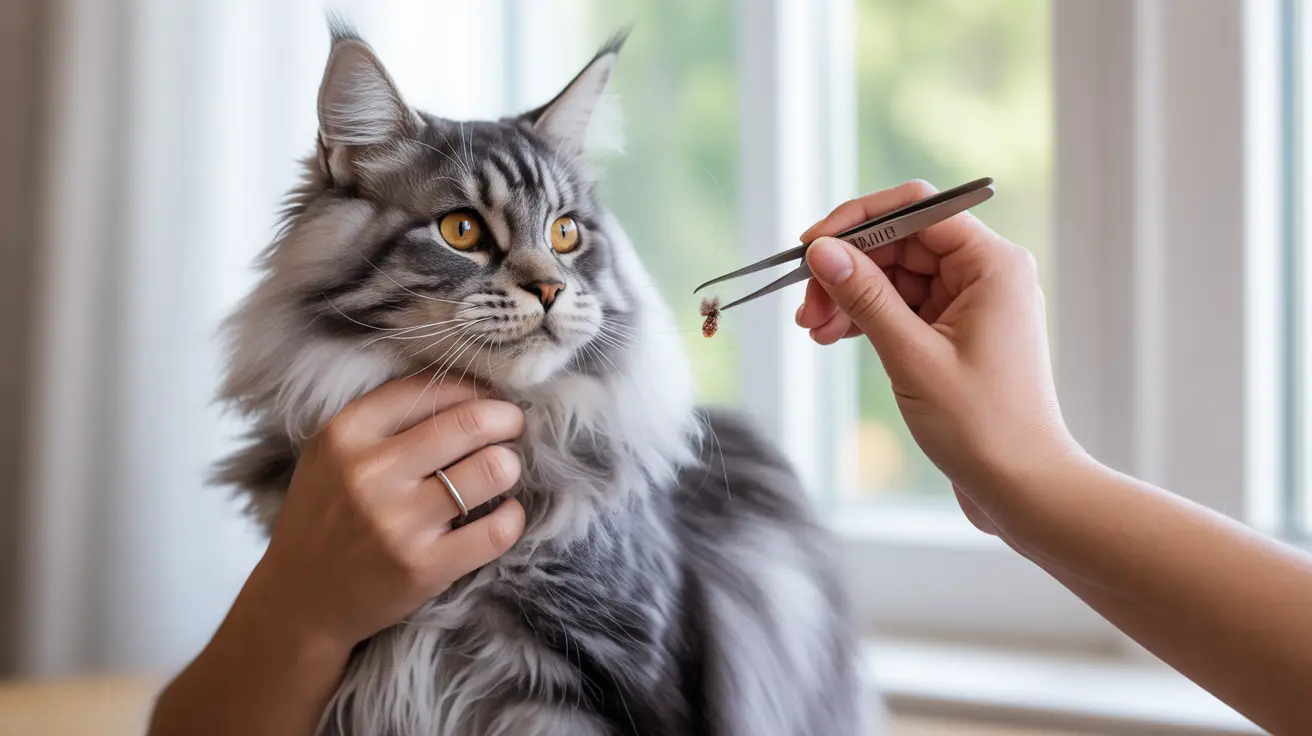Understanding Normal vs. Abnormal Cat Breathing
Unlike dogs, cats rarely pant or breathe heavily under normal circumstances. A healthy cat typically takes 20-30 breaths per minute when resting, with breathing so subtle it's barely noticeable. Any significant deviation from this pattern warrants attention.
Common Causes of Heavy Breathing in Cats
Respiratory Conditions
Feline asthma and chronic bronchitis are leading causes of respiratory distress in cats. These conditions cause inflammation in the airways, leading to wheezing, coughing, and labored breathing. Environmental factors like dust, pollen, and smoke can trigger or worsen these conditions.
Heart Disease
Cardiovascular issues, particularly congestive heart failure, can cause fluid accumulation in or around the lungs. This condition makes it difficult for cats to breathe normally and often requires immediate medical intervention.
Infections and Disease
Upper respiratory infections, pneumonia, and even heartworm disease can cause breathing difficulties. These conditions may be accompanied by other symptoms like fever, nasal discharge, or lethargy.
Warning Signs to Watch For
Immediate Red Flags
- Open-mouth breathing
- Blue or purple gums
- Extended neck while breathing
- Rapid breathing at rest
- Excessive abdomen movement during breathing
Secondary Symptoms
- Reduced appetite
- Lethargy
- Hiding behavior
- Coughing or wheezing
- Decreased activity levels
When to Seek Emergency Care
Any instance of open-mouth breathing or blue-tinged gums requires immediate emergency veterinary care. These symptoms indicate severe oxygen deprivation and could be life-threatening if not addressed promptly.
Treatment Options and Management
Treatment varies depending on the underlying cause but may include:
- Oxygen therapy for immediate relief
- Medications such as bronchodilators or corticosteroids
- Antibiotics for bacterial infections
- Diuretics for heart-related fluid buildup
- Environmental modifications to reduce triggers
Prevention and Long-term Care
While not all causes of heavy breathing are preventable, you can take steps to minimize risks:
- Regular veterinary check-ups
- Maintaining a clean, dust-free environment
- Using air purifiers to reduce airborne irritants
- Keeping up with prescribed medications
- Monitoring your cat's breathing patterns
Frequently Asked Questions
Why is my cat breathing heavily, and what should I do immediately?
If your cat is breathing heavily, first check if they're stressed or have been exercising. If neither applies, or if you notice blue gums or open-mouth breathing, seek emergency veterinary care immediately. These symptoms could indicate a serious medical condition requiring urgent attention.
Can cat asthma be treated at home, or is veterinary care necessary?
While some management strategies can be implemented at home, cat asthma requires proper veterinary diagnosis and prescribed medications. Never attempt to treat asthma solely with home remedies, as this condition needs professional medical management.
How can I tell if my cat's heavy breathing is due to stress or a serious health issue?
Stress-related heavy breathing typically resolves once the stressor is removed, and the cat calms down. If heavy breathing persists, is accompanied by other symptoms, or occurs at rest, it likely indicates a medical issue requiring veterinary evaluation.
What are the common causes of labored breathing in cats, and how are they diagnosed?
Common causes include asthma, heart disease, respiratory infections, and trauma. Diagnosis typically involves physical examination, chest X-rays, blood tests, and sometimes specialized cardiac or respiratory diagnostics.
Are there any natural remedies or lifestyle changes that can help manage heavy breathing in cats?
While natural approaches like maintaining clean air quality and reducing stress can support respiratory health, they should complement, not replace, veterinary-prescribed treatments for underlying conditions causing heavy breathing.
Conclusion
Heavy breathing in cats should never be ignored, as it often signals serious health concerns. Understanding the signs, causes, and appropriate responses can help ensure your cat receives timely care when needed. Always consult with your veterinarian for proper diagnosis and treatment of breathing difficulties in your feline companion.






